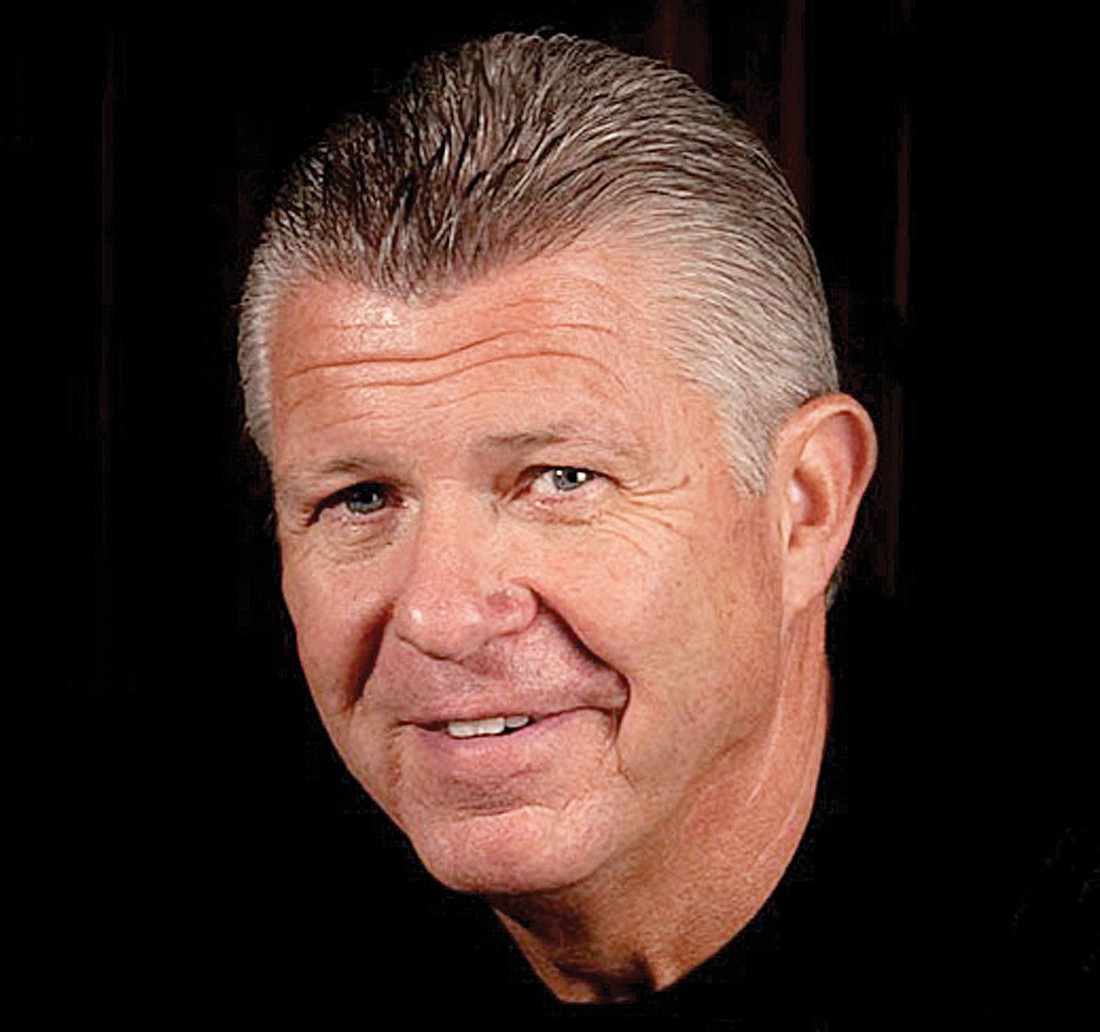- November 22, 2024
-
-
Loading

Loading

Post-traumatic stress disorder has become a daily discussion in our society, because of the ravages and ripple effects of the Iraq and Afghanistan wars. The syndrome has risen to epidemic proportions, with returning troops dealing with PTSD in record numbers and military suicide rates rising.
In spite of all that, we are still in the infant stages of fully understanding the syndrome — one that is not simply a military crisis but a human condition that has only been an accepted medical diagnosis for the past 30 years.
I developed PTSD as a young New Jersey state trooper after working a long-term undercover investigation infiltrating the mob in the mid-1970s. My PTSD journey produced all the classic symptoms — paranoia, isolation, hyper-vigilance, thirst for revenge and fits of anger. Cops, firefighters, emergency first-responders and members of the military see and experience things most people never do. The images of war on foreign soil or graphic scenes on the streets of Hometown, USA, are seared into their brains. Sights, smells, sounds, or anniversary dates can trigger that past experience and cause them to relive the pain.
I have been speaking about PTSD to those who serve us for more than 25 years and sharing what I believe is the most effective first step in combating PTS: peer-to-peer therapy.
A month after the horrific shootings that took place at Fort Hood on Nov. 5, 2009, I was invited there to speak with troops, law enforcement officers and civilians impacted by the trauma. I shared this core belief: Cops need to talk to cops, firefighters to firefighters, soldiers to soldiers, combat spouses to combat spouses, and combat moms and dads to combat moms and dads. Each traumatic experience is our own. However, speaking with someone who has gone through a similar experience allows us to validate our feelings.
We need a national PTS education and awareness program. We have been approaching this condition in reverse order — waiting for PTS to become PTSD, then trying to treat it with traditional methods. Medication and sessions with psychiatrists can be vital steps but not necessarily the first step. I hear it from the men and women serving us. They are reluctant to seek help because of the stigma attached to PTSD. And too often, meds leave them in a stupor and do not get to the root of the problem.
It is time to embrace new, innovative approaches to the problem, 21st-century therapies such as Ride 2 Recovery, a long-distance bicycling program; Vets Prevail, which offers confidential online help for veterans suffering from PTSD; Quantum Leap Farm, where horses serve as therapy partners; Operation Proper Exit, which brings injured vets back to the scene of their combat injuries to confront the emotional wounds; and West Coast Post-trauma Retreat, a confidential program that allows cops and first responders to get repressed turmoil into the open.
Late last year, my wife, Billie, and I took part in the 9/11 Ride 2 Recovery. About 350 bicycle-riders departed Liberty State Park in the shadows of Ground Zero on Sept. 11, 2011 and pedaled over hills and long stretches of asphalt to Shanksville, Pa., and then rode to the Pentagon. Our trip took us to all three attack sites in eight days, and along the way, great Americans were greeted and cared for by other great Americans. We honored the victims and acknowledged the Wounded Warriors who have been at war for the past 10 years. And meaningful peer-to-peer therapy took place in a nontraditional way.
My book, “Surviving the Shadows: A Journey of Hope Into Post-Traumatic Stress,” tells stories of individuals in law enforcement, the military and everyday life who have made strides in recovering from PTSD, doctors engaged in pioneering treatments and the ripple affect of trauma on families. You may see similarities with friends or loved ones in these stories — or yourself. The point is, there is a way out of the shadows.
Bob Delaney, a Lakewood Ranch resident, is a former New Jersey state trooper and National Basketball Assocation referee.